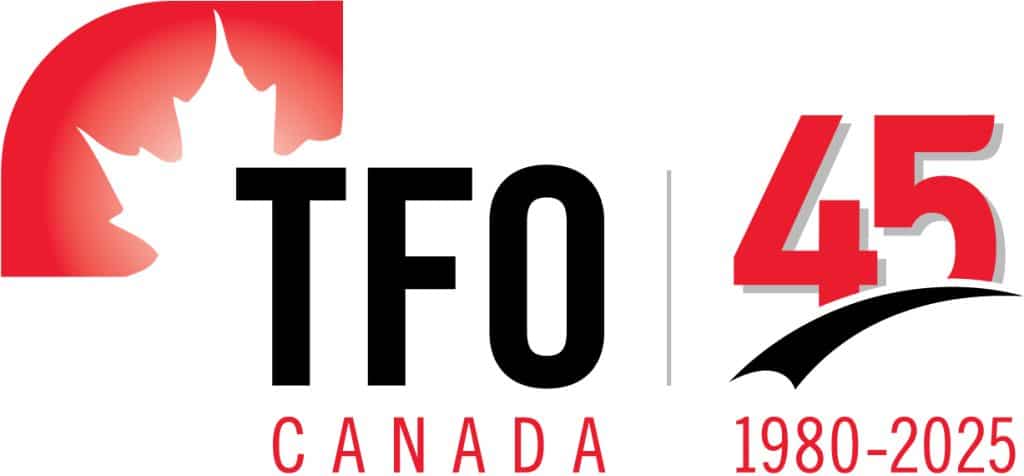Proposed Canadian grocery code lays out process to resolve disputes, impose sanctions
“Efforts to craft a Canadian grocery code of conduct have reached a major milestone with a proposed final version that includes a process to resolve disputes and impose sanctions on systemic violators of the code.
However, the language in a copy of the proposed code obtained by The Canadian Press appears to stop short of imposing fines on companies that fail to adhere to its principles.
Still, Michael Graydon, co-chair of the steering committee overseeing the industry-developed code, said the voluntary code has a number of potential deterrence measures to encourage compliance, such as potentially publicizing “consistent bad behaviour.”
“It has teeth. Are they as sharp as some may like? Maybe not,” said Graydon, also the CEO of supplier industry group Food, Health & Consumer Products of Canada.
“But if we get alignment and co-operation, we may not need to have to resort to fines anyways.”
The grocery code is about creating more balance in the industry’s supplier-retailer relationships, Graydon said.
“This is not rocket science,” he said. “This is just good business practice.”
The industry committee working on the grocery code was established in response to contentious fees being charged to suppliers by large grocery retailers, which have significant bargaining power due to their scale.
The code is intended to address long-standing issues such as arbitrary fees, cost increases imposed without notice and late payments.
“Parties to the code have an obligation to negotiate with one another in good faith and conduct business in the spirit of fair and ethical dealing,” the copy of the proposed code reads.
“Parties to the code may not alter contracts unilaterally.”
Gary Sands, senior vice-president of public policy for the Canadian Federation of Independent Grocers, said the code aims to treat all industry members equally.
“There’s no distinction made as to whether you’re a small player or a big player,” he said. “Everyone’s treated equally.”
A consultation process on the proposed code is open to food industry members until May 30.
Diane J. Brisebois, president and CEO of the Retail Council of Canada, which represents the country’s largest grocers, said it’s important for the code to allow grocery retailers to continue to offer consumers “a wide assortment of products at competitive prices.”
Grocers want to ensure that the code will “ultimately benefit consumers,” she said.
They want the code to be “easy to understand and comply with, favouring simplicity and fairness over detailed rules and unnecessary complexity,” Brisebois said in an emailed statement.
She said this would safeguard against unnecessary red tape costs that would negatively impact stakeholders in the grocery supply chain and ultimately Canadian consumers.”
*This article is excerpted from Canadiangrocer.com website, published 4th May 2023
*
